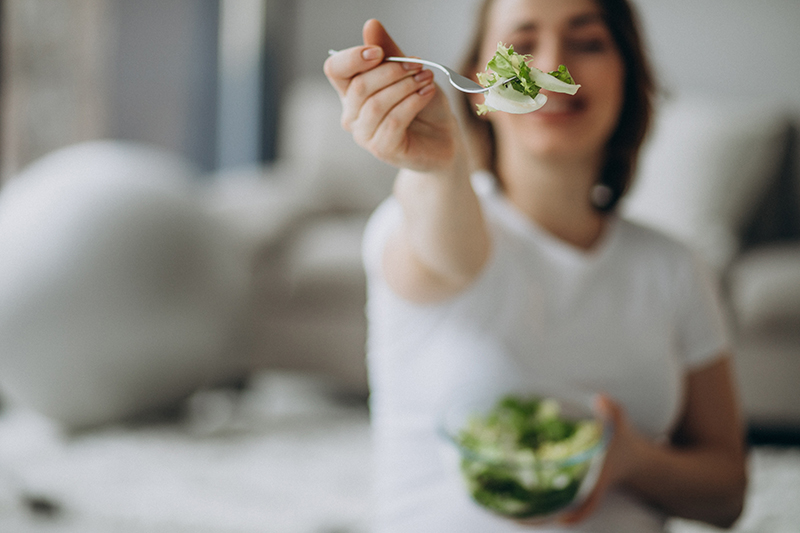Menopause is one of the most crucial stage of a Women’s life. It goes on for 20 – 30 years and brings upon significant physical and psychological changes, including hot flashes, anxiety, sleeplessness, and weight gain. It also brings an increased risk of osteoporosis, heart diseases, and dementia! Shweta Mittal, Co-founder &Me, highlights the importance of understanding Menopause Hence, it is absolutely imperative that we understand Menopause and prepare our bodies well to deal with the associated changes.

What is Menopause?
Menopause is a gradual and inevitable process in a woman’s life which brings a stop to our monthly menstrual cycles. As one transitions into menopause, the estrogen levels in the body starts to decline, disturbing the regular cyclical coordination of estrogen levels with the control centers in the Brain. This disruption affects metabolism, cholesterol levels, moods, memory and heat retention in the body – leading to a slew of symptoms including irregular menstrual cycles, hot flashes, night sweats, insomnia, mood swings, excessive sweating, anxiety among others.
The Menopausal transition starts 5-10 years before reaching menopause, a phase that is called Pre menopause and continues for 5-10 years after Menopause, a phase that is called Post menopause. The average age of Menopause globally is 51 years but it is just 46.2 years in India!
Is there a solution?
Yes! Menopause brings a change in the body and like every change it can be managed. Food plays an absolutely critical role. If we eat right and prepare our bodies well for menopause, we will sail through the phase without any discomfort.
Pro Tip: Start early, and start making small changes in your diet.
Include PhytoEstrogens in Diet
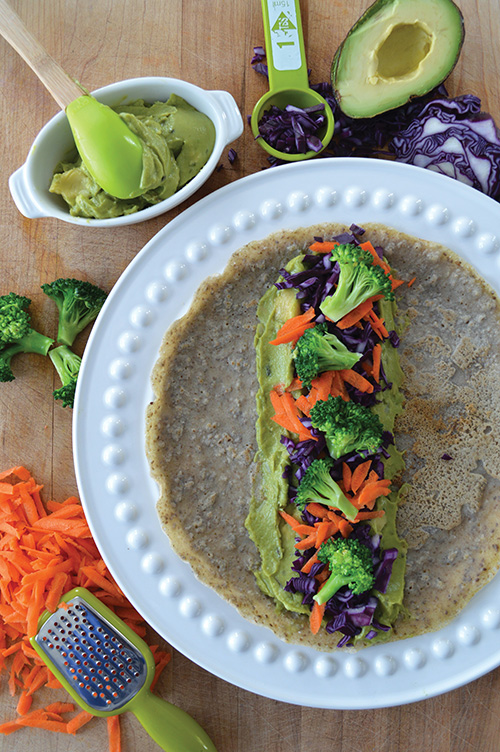
“Phyto-” is a Greek word that means “plant.” Estrogen is our female hormone. Phytoestrogens, are plant-based compounds that mimic estrogen in our body. When we eat phytoestrogens, our bodies may respond as if our own estrogen were present, extremely helpful during menopause to trigger the control centers in brain and bring balance to the changes caused by declining estrogen. Key Sources of Phytoestrogen include Black cohosh, Sesame seeds, Broccoli, Carrots, legumes (beans, peas, peanuts) and licorice root
Consume Calcium and Vitamin D rich foods
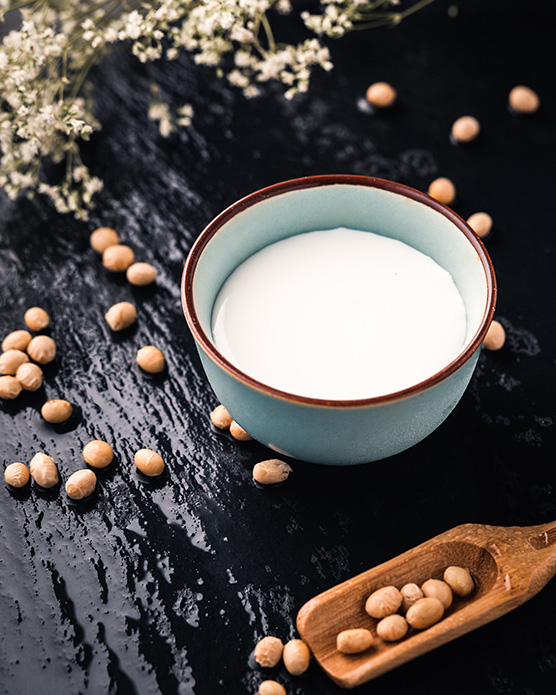
Menopause can lead to weakening of bones, increasing the risk of osteoporosis. Calcium and vitamin D are associated with good bone health, so it’s crucial to include these nutrients in the diet. One needs a minimum of 1200 milligrams of Calcium per day (1 cup of Dahi only has 200 mg of Calcium!). Supplement or take 5-6 servings of calcium-rich foods like dairy, green leafy vegetables daily to help prevent bone loss. Also include adequate amounts of Vitamin D that helps in Calcium absorption in the body
Fruits and veggies are a must

Fruits and vegetable are essential sources of micronutrients in our body. Micronutriesnts get often ignored but they are deeply responsible for nourishing our hormones. Fruits and veggies are also great for weight loss and weight maintenance as they’re low in calories and can help you feel full. Add at least 2 cups of fruit and 2 cups of vegetables each day to your diet.
Eat Healthy Fats
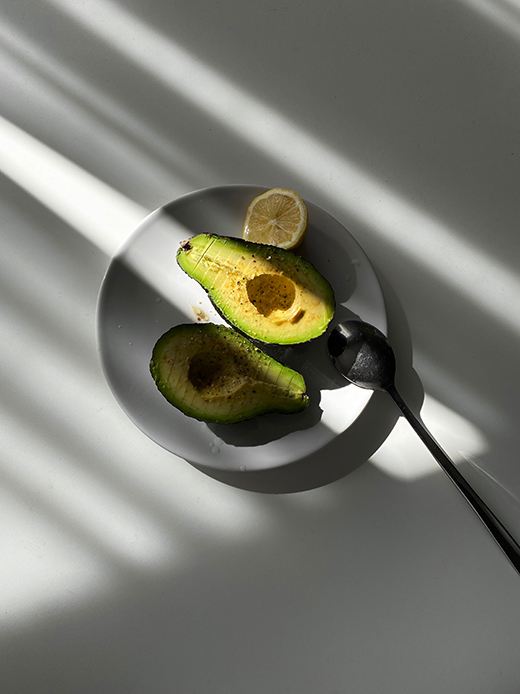
Menopause is also associated with vaginal dryness and dryness in Skin. Include healthy fats like avocado, nuts, and seeds to help replenish the lost texture of the skin.
Drink lots of water
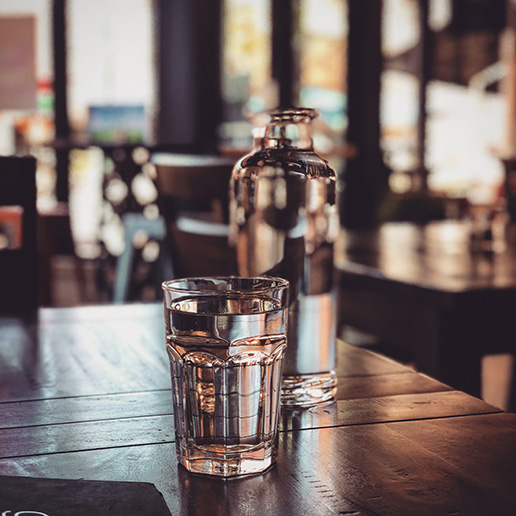
Drinking water regularly can be one of the best habits you inculcate in your lifetime. Water helps take the fibre through your system, keeping you hydrated and help in avoiding the hot flashes. It is crucial to have plenty of water to help you retain all the necessary nutrients and avoid dehydration.
Cut back on high-calorie food and avoid alcohol and caffeine
It is imperative to cut down on high-calorie foods as menopause causes a lot of bodily transitions. Fats do not burn as easily and quickly as they used to before and can cause Weight gain is related to health issues including high cholesterol, high blood pressure and insulin resistance. Cutting down on spicy food, caffeine and alcohol can help reduce the hot flashes that you’re having.
Always remember that this is a phase in your life. Making these tiny by significant dietary changes can help you better your health during these changing times for your body making this transition much smoother for you.


